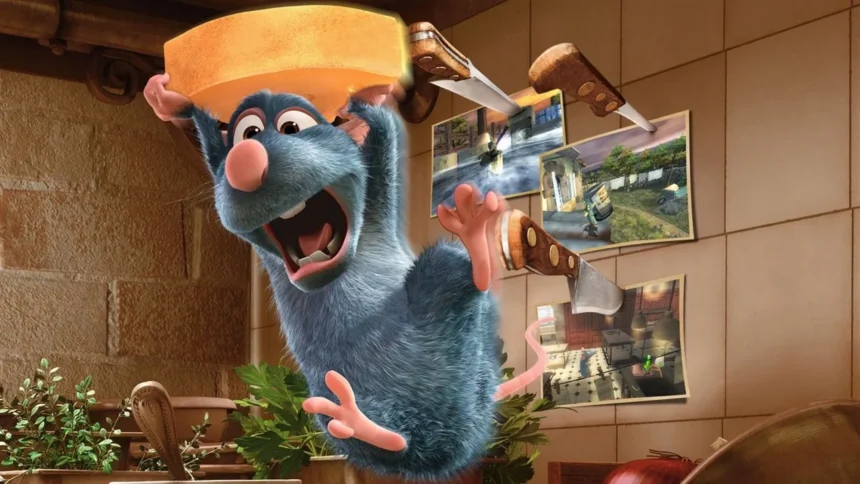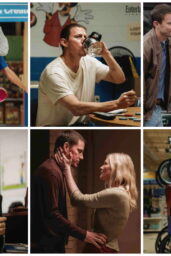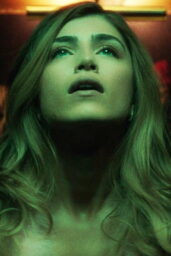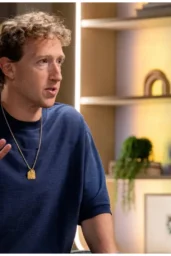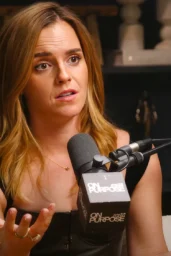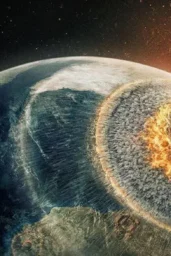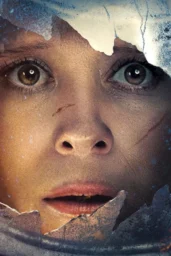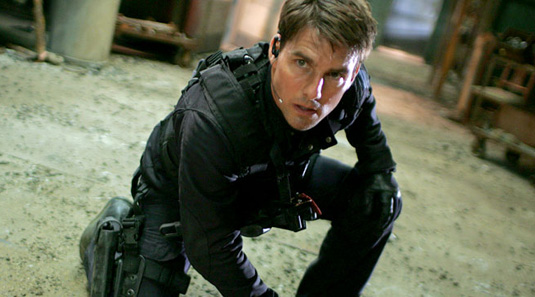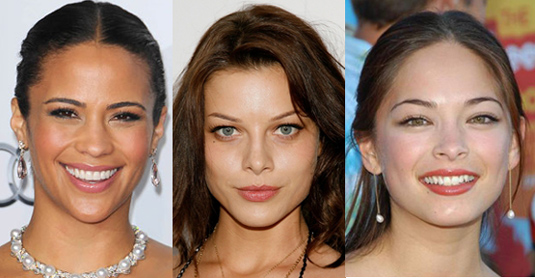Pixar’s Risky Recipe: Why ‘Ratatouille 2’ Might Be Too Much, Too Late
The oven’s hot again, but is anyone actually hungry?
On the latest episode of The Hot Mic, insider Jeff Sneider dropped a morsel that Pixar fans both feared and secretly expected: Ratatouille 2 is officially cooking. Nearly two decades since Brad Bird’s 2007 masterpiece turned a rat into a culinary icon, the studio that once prided itself on originality has apparently opened the floodgates of nostalgia for good.
There’s no release date. No casting news. Not even a director attached—certainly no confirmation that Bird, the auteur behind the original, is back. Just the quiet, simmering confirmation that yet another Pixar sequel is on the menu.
And yes, it makes total sense.
After Inside Out 2 steamrolled past $1.7 billion globally and Toy Story 5, Coco 2, and The Incredibles 3 lined up like IP dominoes, what chance did Remy really have? He was too beloved, too meme-able, too lucrative to resist. We should’ve seen it coming the moment Disney+ started padding its algorithm with every short film, behind-the-scenes doc, and vaguely edible Easter egg.
But there’s a problem. Ratatouille wasn’t just another Pixar hit. It was the film that proved animation could be elegant, restrained—dare I say, French. It was about taste. Subtlety. Craft. No sidekick overload. No market-tested moral platitudes. Just a strange, heartfelt story about passion, perfectionism, and finding your voice in the least likely places.
So yeah—turning that into a franchise? Risky doesn’t even begin to cover it.
Pixar’s sequel era isn’t new, but it is accelerating. Post-2010, the studio has quietly pivoted from genre-defining originals to legacy-padding continuations. And after a few underperformers (Onward, Luca, Elio—charming but commercially lukewarm), the message is clear: safe bets are back in style. In a climate where original storytelling is an uphill sell and streaming algorithms reward familiarity over novelty, Ratatouille 2 isn’t a surprise. It’s a survival tactic.
But survival isn’t the same as soul.
There’s a reason some fans reacted with a mix of dread and déjà vu. It’s not just the fear of mediocrity—it’s the sacredness of the first film. Pixar’s golden age (call it the Wall-E-to-Up corridor) wasn’t just successful; it was artistically uncompromising. And Ratatouille sits right at its heart, layered with so much texture you could taste the butter. A sequel, if done carelessly, threatens to flatten that nuance into formula: louder humor, broader themes, faster pacing. Cue the Rat TikTok jokes.
Let’s also be blunt: Brad Bird’s absence would be a massive red flag. He’s the reason Ratatouille didn’t become a slapstick food-fight flick with talking cheeses. Without his precise direction, it risks becoming another legacy property stripped of its identity—like ordering a soufflé and getting a Pop-Tart.
Maybe I’m overreacting. Maybe the right team will recapture the old magic. Maybe we’ll even see an older Remy, wrestling with burnout in a world that’s moved on from fine dining to delivery apps. (Okay, that’s actually a decent pitch.)
But Pixar needs to ask itself something important before it opens this particular vault: What are we preserving, and what are we eroding?
Because if the sequel wave keeps cresting, the studio risks becoming its own parody—an institution built on daring, now subsisting on déjà vu.
And Ratatouille? That one’s personal. Tread carefully.

